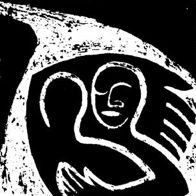City of Sanctuary
December 15th, 2011 | Expressive Change | Tana Paddock | 1 CommentCasper ter Kuile shared this City of Sanctuary clip with us as a beautiful example of a social change initiative that is completely rooted in meaning and experience. On the City of Sanctuary blog, Giuilia, a newly arrived volunteer from Italy, shares how surprised she is to see so many asylum seekers and refugees […]
Read More










